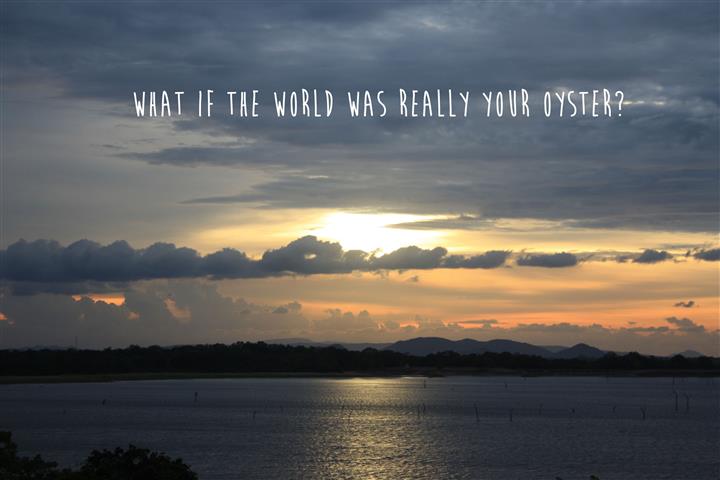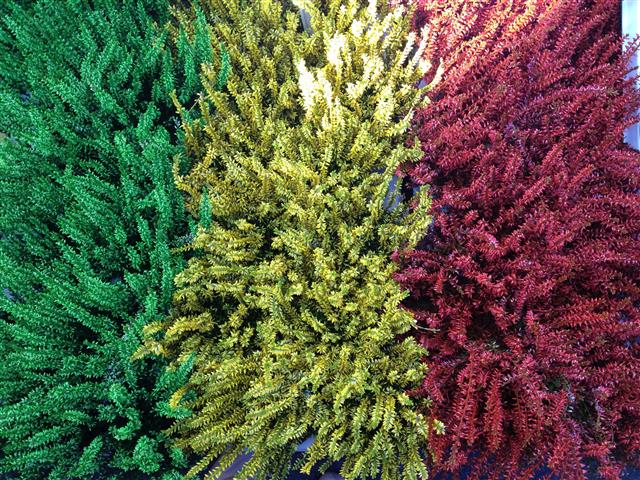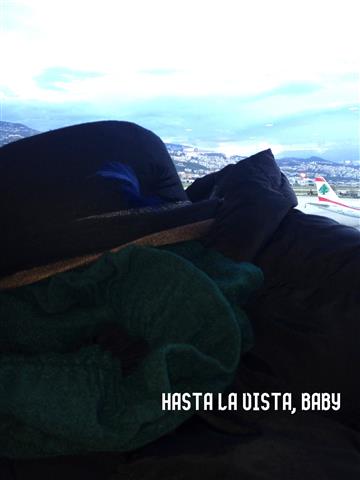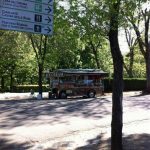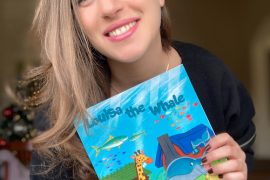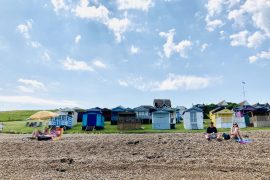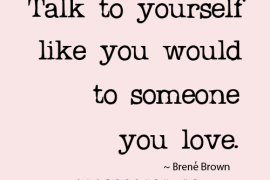I’ve been told several times, be it on postcards, in conversations with adults or with strangers I hadn’t met before (the landlord of my old apartment in Exeter for example) that The World is My Oyster. I believe it, people around me believe it but the real question is whether we all really apply it. Are we all really throwing ourselves into what this world has to offer? I guess it truly depends on each of our aspirations in life.
Having said that, meet Max. He’s the author of the blog Drifter’s Guide to The Planet (www.driftersguide.wordpress.com) and I can tell you the world is definitely his oyster. He describes himself as an international Long Term Traveler, a global citizen, an entrepreneur, a life-long learner and a free thinker. He’s realistic and it is in his nature to question absolutely everything. Â To find out more about this Globe trotter, here are a few questions I had to ask him and his answers.
How did the adventure start?
Ever since I could remember, I felt like something major was missing in my life. Something I should be doing, something calling me. I always questioned things, told myself that life MUST mean more and I kept looking for answers. It was this chronic dissatisfaction and I didn’t know what it was until one day, I came to a professional crossroad and went to South East Asia. This opened my eyes. I got in contact with a foreign culture and it felt like we were all really just living in our own bubble with only glimpses of the world of possibilities before us. So that’s when I decided to do it, travel the world, explore cultures and possibilities. It was now possible and legitimate, other people were doing it too and this is what I wanted, to live off the grid and not be programmed to live a routine.
Which steps did you take to be able to start your adventure?
The first step I took was to start off with a lot of research on the subject of living unconventionally. This is when I had to come up with ways to sustain myself financially while on the go. So I got a double Certificate to teach English as well as Business English worldwide to be able to work while traveling. I also used my savings and tried to get projects that I could work on online. I then planned my first trip and became an “activist”, a pro-nonconformity living. It became a mission of mine to influence people, I needed to spread the information I was learning and sharing my experience became a responsibility. There are so many people out there looking for the same experience, wondering about the same things and missing out on the chance to flourish.
What would be your advice to these people?
My advice to them is first to know that it won’t happen with the push of a button. You have to do your own research, look into yourself and what you want, what you have to do. There are important steps that cannot be overlooked. You must save for it or use a money-making scheme like working online, teaching, or volunteering to cut down on costs. You have to find a way to control your own time, find a job where you are not stuck (it exists, just look for it!). Eliminate the mindset of right and wrong, you decide what’s right and what’s wrong. Then decide if this adventure is for you or not. Take a gap year, figure things out and make your own choices. The World is certainly your oyster because possibilities are endless. Be aware and independent in all senses and work on it. Trust your instincts, listen to them and go!
What are some of your goals in life?
I am a life long learner. I believe that goals are only temporary. For now, I am not working for one goal but for a set of of goals that will help me discover myself, life and help other people along the way. I am looking for purpose and enjoying myself along the way, because life is a treasure and travel is the greatest teacher.
How do you describe your experiences and the people you meet along the way?
Most of, if not all of the people I meet, I do in a positive way. I hear positive stories and tell mine. Unconsciously, when travelers meet somewhere distant at a certain time, they realize they’re all connected and looking for the same thing. Those are the ones who travel for purpose. It’s been nothing but positive because that’s how I see it. The people I meet become my closest friends. I interact with them almost on a daily basis.
How do you design your itinerary?Â
I start by looking inwards and I instinctively know what my next destination will be. It’s an interest that builds up with time and that’s how you suddenly know. I then make a list of places I want to visit, research (using internet resources, booking sites like kayak.com, expedia.com, booking.com and hostelworld.com), plan the first 2 steps and then improvise while I’m there. I used to be a planning freak but this has diminished with time once I realized I can be flexible.
How do you deal with judgement and criticism, especially in Lebanon?
I was not exactly criticized but misunderstood. Nobody argues on the principle, they argue on the ‘how’. But deep down, they would all do it if they could find a way. As for family, I can’t expect parents, who come from a completely different world and generation to understand. But they ended up making peace with it.
Can you tell us about a specific moment that has touched you?
I can’t of course think of only one wonderful experience but the first thing that comes to mind is a moment I had on my last trip to Argentina. I took a ferry to Isla Victoria and I remember now how amazed I was by nature, wild life and the scenery. I was so touched and felt like I was back in love with planet earth. We tend to forget the amazing things this planet has to show.
Which camera do you use?
My very basic, non professional phone camera. But this might change because I realize more and more the importance of capturing moments like these. It IS true that a picture is worth a 1000 words actually. People will connect to the picture and be influenced better.
Where did you already go?
I went to Thailand, Brazil, Columbia, Ecuador, Argentina, Chile, Georgia, Russia, Armenia, Turkey, Cyprus, USA and UAE.
Can you name one thing that brings all those countries together?
They are all worth exploring because they’re all different than what we know. They help you learn how to live with different cultures.
What is the strategy you use to learn more about the country you’re visiting?
Nothing is better than meeting locals and staying close to them. Networking is key. Of course I read all about the culture and history of the country as well and learn a bit their language. Once there, the food helps me understand the culture more as well.
Any food you dislike?
Seafood. Shrimp is my Kryptonite. (!)
Max will be leaving for a new adventure on the 3oth of April. This time, he will be exploring Europe, focusing on Eastern Europe, but also UK, Ireland and Scotland, Spain, Germany, Netherlands, Portugal, Italy, and Bilbao.
Hoping to inspire you, always. Thank you so much for sharing Max!

